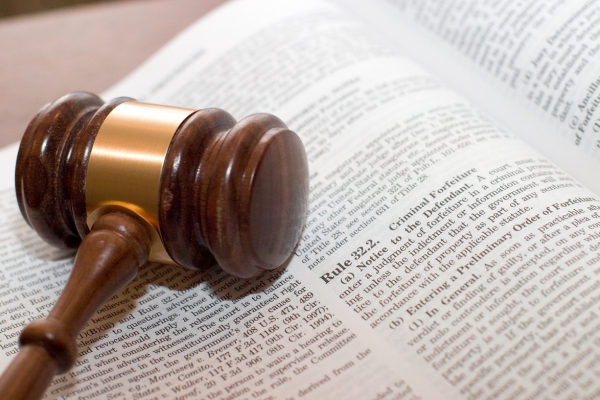Civil Forfeiture in Florida
**Note- as of July 1st, 2016 Civil Forfeiture Laws are changing. Please see our update on Civil Forfeiture Laws. https://smithandeulo.com/forfeiture-law/ **
If you have been accused of a crime, you may be facing more than a loss of your liberty. You may also be facing the loss of property. In certain circumstances, the agency making an arrest may be entitled to permanently deprive a person of their property through a civil action separate from the criminal proceedings. In Florida, The Florida Contraband Forfeiture Act (Sections 932.701 – 932.706 of the Florida Statutes) governs situations in which a person may have to forfeit property that may be deemed as contraband.
Forfeiture actions can be tricky because, to someone not familiar with the process, it may at first seem like the property is merely being impounded. Someone who was not aware of the proper procedure for contesting a forfeiture action may lose his or her property without even knowing what occurred.
Property that is considered contraband is defined in section 932.701 of the Florida Statutes. A few examples of items that may be considered contraband would be money used in the purchase of narcotics, a car used as the getaway vehicle in the commission of a felony, or money used in violation of gambling laws.
What is Forfeiture action?
Section 932.704 of the Florida Statutes governs the procedure for a forfeiture action. The state agency first files a complaint within the jurisdiction where the seizure or offense occurred. Once a complaint is filed any person entitled to notice may request an adversarial hearing. In the event that no one contests the seizure, then the state agency may be entitled to a default judgment granting the agency the right to the seized items.
If a person requests an adversarial hearing, the state will have the burden of proving that there is probable cause for the seizure. However, if the court determines there is probable cause, then a party contesting the seizure has 20 days to respond to the state’s complaint with any responsive pleadings and affirmative defenses. The next step in the process would be a trial where it must be proven by clear and convincing evidence that the item being seized was used in violation of the Florida Contraband Forfeiture Act. The prevailing party of the trial will be entitled to the seized item(s).
The forfeiture process can be a difficult process to navigate. If your property has been seized and facing forfeiture, contact the attorneys at Smith & Eulo to see what options may be available to you.
If you or your loved one are in need of information on Civil Forfeiture, call us at 407-930-8912 to speak with a qualified legal professional or fill out the contact form on this page. We’re available 24/7, we offer free initial consultation and payment plans. In addition to our Orlando location, we have offices in the following cities across the state of Florida:
- Daytona Beach
- Kissimmee
- Melbourne
- Lakeland
- Ocala
- Tampa
- Fort Myers
- Sanford
- Miami
- Jacksonville
- Fort Lauderdale
- Sarasota
- Clearwater
*Additional Orlando Florida & Orange County Legal Resources
